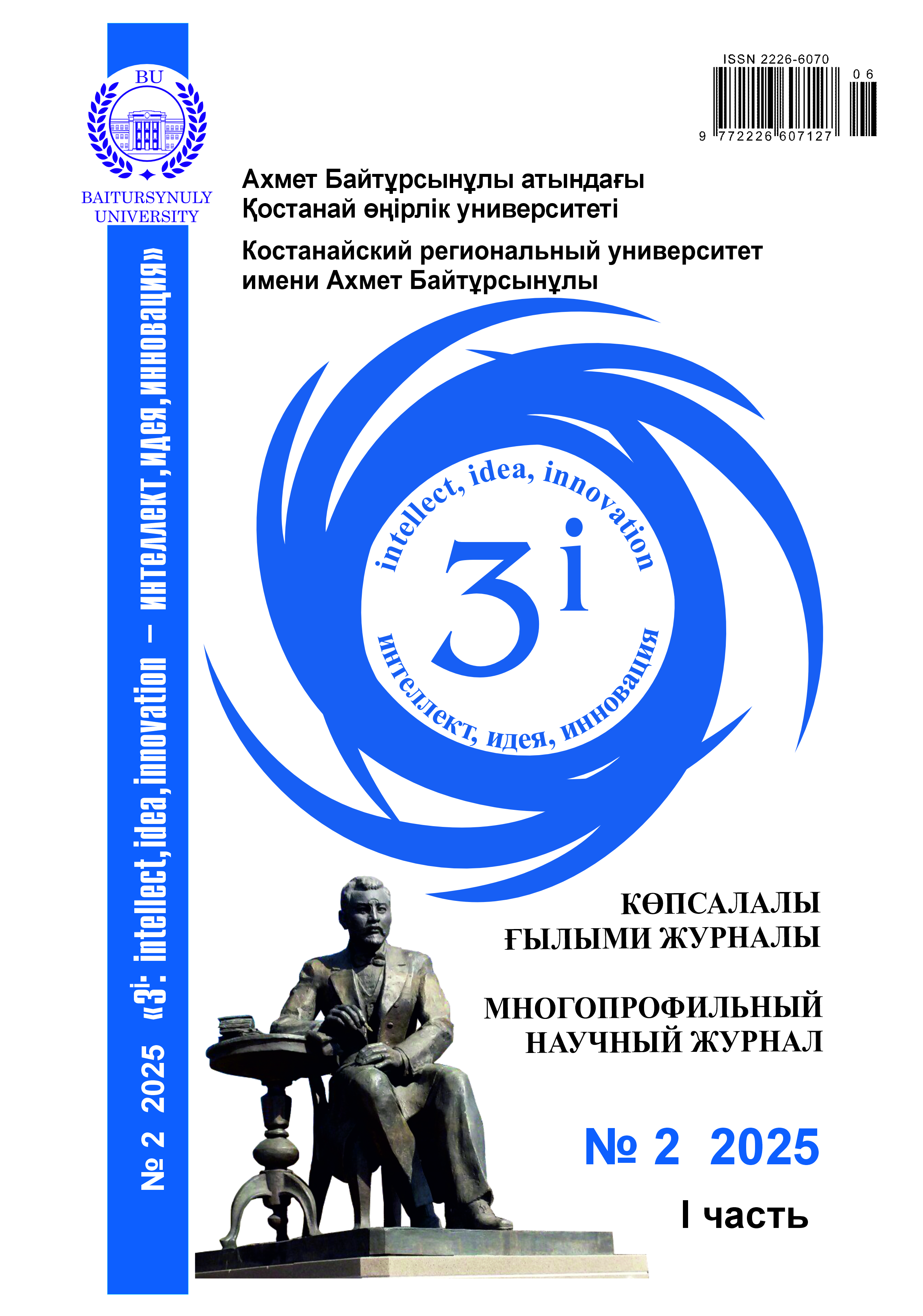ЭФФЕКТИВНОСТЬ ВЫРАЩИВАНИЯ МОЛОДНЯКА ДЛЯ ПРОИЗВОДСТВА ГОВЯДИНЫ В МЯСНОМ СКОТОВОДСТВЕ
DOI:
https://doi.org/10.52269/RWEP252179Ключевые слова:
мясной скот, қалмыцкая порода, сезон рождения, убойный выход, линияАннотация
Одной из наиболее сложных задач агропромышленного комплекса страны является увеличение производства мяса, в частности говядины. В данном случае, роль калмыцкого скота занимает не последнее место, так как очень важным хозяйственно полезным свойством данной породы является уникальная природная мясная скороспелость.
С целью повышения продуктивности мясного скота во многих хозяйствах стали широко использовать туровые отелы, которые приходятся на зимне-весенний период. Они привлекают внимание животноводов хорошим выходом телят, скороспелостью, хорошими оплатами кормов, приростом, мясными формами и относительно нежирной говядиной.
В статье приведены данные по влиянию сезона рождения бычков калмыцкой породы разных генотипов на их мясную продуктивность. Установлено, что получение телят от линии Моряк-12054 в зимний период года (январь-февраль) и выращивание их на мясо позволяет повысить мясную продуктивность бычков по сравнению с отелами в осенний период: по массе туши бычки линии Моряк-12054 превосходили своих сверстников на 26,8 кг или 15,0%, убойной массе и убойному выходу – 29,9кг и 0,8%, соответственно; уровень рентабельности производства говядины – 16,3% по сравнению с рожденными в осенний период.
Телята, рожденные зимой, получают более стабильные и благоприятные условия для роста в раннем возрасте, что обеспечивает им преимущество в развитии мышечной массы и общей мясной продуктивности по сравнению с телятами осеннего периода рождения.




